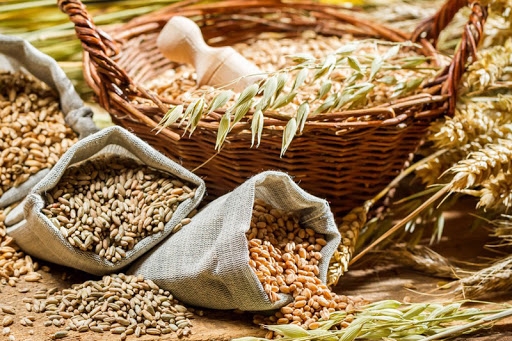Wheat prices in Kazakhstan rose to record levels amid declining harvest

Usually, during the harvest period, prices for agricultural products decrease, as significant volumes of new crops enter the markets. However, this year this did not happen, and in September prices were higher than in August. Traders say this is the first time they have seen such a situation.
The reason was a decrease in the harvest not only in Kazakhstan, but also in other exporting countries. Therefore, if in August food wheat in Kazakhstan was sold at 90-95 thousand tenge/ton or 2 211-223/ton, depending on the region, today prices have reached a record for the country of 110-115 thousand tenge/ton or 2 258-270/ton.
Prices for other agricultural products also increased. So, Viterra offers for wheat 107-112 thousand tenge/t, for barley – from 95 thousand tenge/t and above, flax – from 310 thousand tenge/t, peas – from 135 thousand tenge / t.
Durum wheat prices increased the most-until recently, durum was offered 210 thousand tenge/t or 4 493/t, and now prices have reached 220 thousand tenge/t or 5 516/t.
The reason for the price increase was also the low harvest in Canada, which traditionally exports significant volumes of durum, but this will be partially offset by a good harvest in Russia.
Nevertheless, traders talk about a significant number of factors that will contribute to a further increase in prices for agricultural products. In Kazakhstan, this is a low yield, which in the south of the Kostanay region amounted to 4 centners/ha for wheat. Taking into account the cost per hectare of crops at the level of 50 thousand tenge, at the current price level, farmers have negative profitability, which threatens the continued existence of enterprises.
Prices are somewhat constrained by uncertainty in Afghanistan, where banks can make payments, which makes it impossible to supply grain and flour there. Uzbekistan, which is the second largest buyer of Kazakhstan's grain, is also in no hurry to pay. First, instead of the traditional price reduction in September, they rose by 5 50/ton, and now importers need time to come to terms with this situation. Secondly, Uzbekistan annually bought up to 500 thousand tons of Kazakh grain, which it processed into flour and sold to Afghanistan. However, the Afghan market is still closed, so this volume remains unclaimed.


